Top 10 Reasons to Buy a Diesel Car

When it comes to alternative fuel vehicles, hybrid and electric cars are all the rage these days. However, diesel still has its selling points and a diesel-powered car may be the right ride for you.
Some may say that horsepower is what matters, but anyone with a basic understanding of an internal combustion engine can tell you that it’s simply a byproduct of torque. Besides, torque plays an important part in the sensation of speed.
The feeling of a turbo-diesel pushing you back in your seat is hard to beat, and something that few hybrids (if any) can imitate. In the case of Volkswagen’s diesel Jetta and Golf, with 236 lb-ft of twist, there’s more torque available than in even the performance models: the GLI and GTI, which have just 207 lb-ft.
Yes, diesel vehicles have a lot of torque and while that’s a lot of fun for the everyday driver, it’s a necessity for trucks. Towing heavy loads requires plenty of grunt, which is why all heavy-duty trucks come with an available diesel power plant.
It also means that a V6 diesel can do the work of many V8 gasoline engines, which is why Mercedes equips its BlueTec V6 diesel in many of its SUVs.
Diesel vehicles may be more expensive than their regular gas-powered counterparts, but many can hit 40 mpg on the highway, right off the showroom floor, with no other additions. The same cannot be said of many gasoline-powered cars.
Diesel compacts like the Volkswagen Jetta and Golf TDI, as well as the Chevrolet Cruze Diesel are able to net 40 miles per gallon on the highway without the need to purchase a special eco-trim. In regular gasoline powered vehicles, the only way to get 40 mpg on the highway is to drop down a bunch of extra money for a special aero-kit, active green-technology like grille shutters and other equipment to hit the highly-advertised fuel economy numbers.
In the past, the only models that featured a diesel engine option came from expensive European car companies. But the times they are a changin’ and automakers are increasingly embracing diesel fuel, meaning there are now more options than ever.
Affordable compact cars are in the segment now, like the Chevrolet Cruze diesel. Diesel midsized sedans are hitting the market too, with the VW Passat TDI and the upcoming Mazda6 diesel. Even Cadillac is planning on offering a diesel version of the ATS sport sedan.
Other luxury automakers are increasing their choices of vehicles with diesel engines. Mercedes offers a diesel engine in its GLK compact SUV, and its bigger trucks like the GL-Class and ML Class. Even passenger cars from Audi and BMW are available with a diesel powereplant.
Anecdotally you may have heard about the amazing fuel economy diesel engines deliver and there’s good reason for it. More than just a random hypermiler, those who purchase diesel-powered cars generally exceed the advertised fuel economy – and by a significant margin.
Taking a look at fueleconomy.gov, owners of diesel vehicles are likely to meet or exceed the EPA estimates of their vehicles. The Jetta TDI is rated to get 34 mpg combined, but consumer data points to drivers getting an average of 44 mpg instead.
With hybrid vehicles sporting batteries and electric motors, they tend to offer less cargo space, or passenger space than non-hybrid vehicles. If you’re looking for a fuel efficient vehicle without the compromise of less cargo space, a diesel powered vehicle is an excellent choice.
And with the European brands favoring diesel engine technology, as well as hatchbacks and wagons, the two just go hand-in-hand.
Diesel powered vehicles have been around for a long time, as both commercial vehicles and in the past ten years, even race cars. They’ve seen a ton of miles, and the long-term reliability and durability of a diesel engine is no concern (though arguably the same can’t be said of the entire car).
Compare that to endless questions of battery longevity in hybrids, not to mention the costs associated with maintaining or replacing hybrid components and a diesel powered vehicle offers plenty of built-in peace of mind.
While Toyota’s Prius is known to be a reliable system, other hybrid systems are still in their infancy and have been reported with some problems. Consumer Reports had nothing nice to say about the reliability and performance of the Honda Civic Hybrid, for example.
With all the low-end torque available in a diesel motor, they don’t need to be geared as aggressively as a gasoline engine. That means that at highway speeds, the car is running at a lower rpm and producing low amounts of engine noise.
To be fair, you’ll be able to hear that diesel clatter very clearly at lower speeds and cold-start-up is usually a racket.
Not everyone is an extrovert, hoping to share their vehicle purchasing decision with the world. While hybrid vehicles tend to have distinct styling and badging to differentiate them from other gas vehicles, diesel cars are far more conservative when it comes to design.
About the only way you’ll distinguish a regular VW Golf from a diesel one are those three little letters on the hatch “TDI”.
A CVT equipped car is hard to get used to. The constant buzzing noise of high-rpms and the lack of feeling a shift can be very irritating and unfamiliar. Sadly, most hybrids come with a CVT transmission and only one hybrid out there can be had with a true six-speed manual. CVT’s have also had questionable long-term reliability.
On the other hand, diesel models are available with a wide range of transmissions. Volkswagen offers their diesel vehicles with a conventional manual, or a high-tech dual-clutch transmission. Chevy’s Cruze diesel comes with an old-school six-speed automatic, while Mercedes uses a spiffy seven speed unit. You’re not forced to use a form of transmission you’re not familiar with, instead you can go with what you know and like.
Many people remember diesel vehicles as being dirty and smelly, releasing noxious fumes from their exhaust pipes. Those days are long gone and many new vehicles are extremely clean when it comes to tailpipe emissions. This is thanks to Diesel Exhaust Fluid (DEF) which uses a Urea treatment to eliminate nasty nitrous oxide emissions and transform them into harmless nitrogen and oxygen.

Sami has an unquenchable thirst for car knowledge and has been at AutoGuide for the past six years. He has a degree in journalism and media studies from the University of Guelph-Humber in Toronto and has won multiple journalism awards from the Automotive Journalist Association of Canada. Sami is also on the jury for the World Car Awards.
More by Sami Haj-Assaad



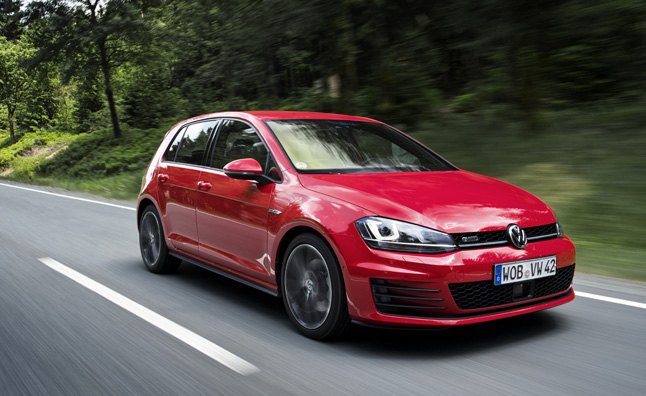




















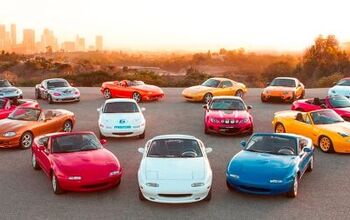

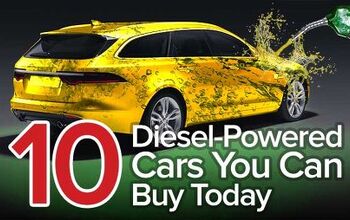
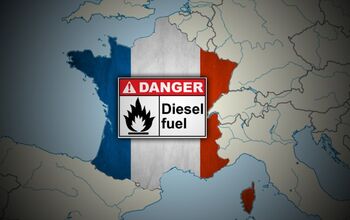
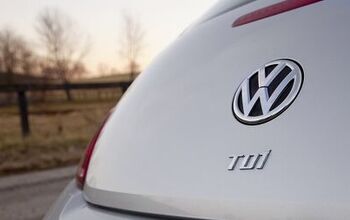
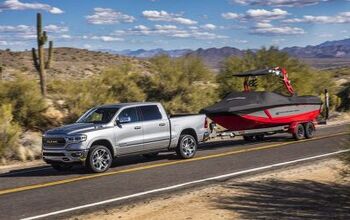
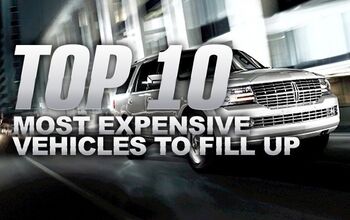
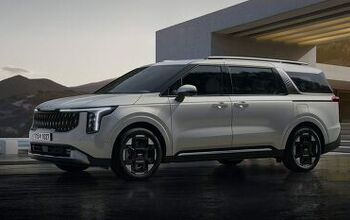
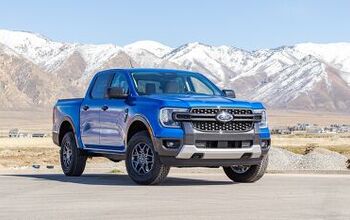


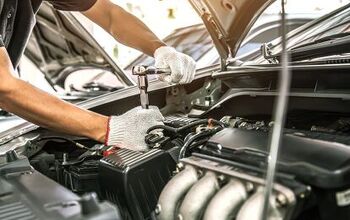
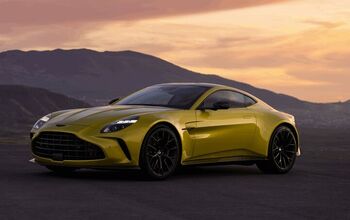
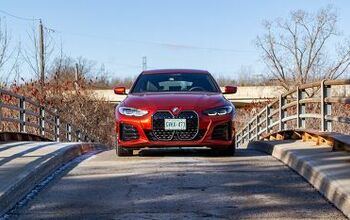
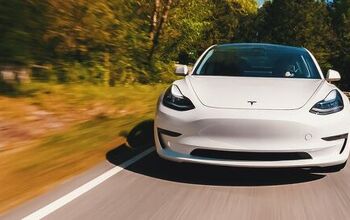
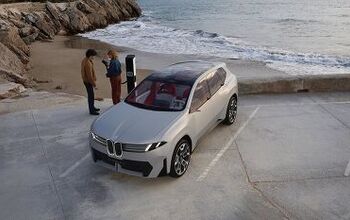
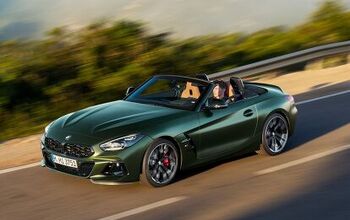
Comments
Join the conversation
Just bought a VW Jetta TDI last month. (Bought the TOP of the line version for under $30K) Drove it from the middle of Illinois to the gulf coast of Florida on 1 1/4 tanks of fuel...cost to fill up my new ride was only $53 and I got a range of 600+ miles per tank. All while driving 70mph. Would also like to mention that a Jetta is NOT a compact car....it is the same size (if not bigger) than my inlaws Toyota Camry. Haven't met a single person who has ridden in, or drove, my car that wasn't impressed with its performance and handling. FYI, something the author doesn't state is that, if properly maintained, a diesel will easily pass 250K on the odometer without issue. Why get a hybrid when you can get a diesel?!?!
And yet... Vehicles that CRY for a diesel have been left waiting... waiting... teased - then again waiting... The softer side Jeep models have gotten diesels several times for a couple of years - then the oil burners were no more!! Sold out of dealerships that sell and service hundreds of Cummins diesels in Rams & Mercedes in Sprinters - only to be clueless about service for the Mercedes and VM diesels in the Jeeps!!! The Jeep Wranglers which could really use the eco boost of a diesel - waiting, waiting!!! Oh, well, teased about 2016... AGAIN???